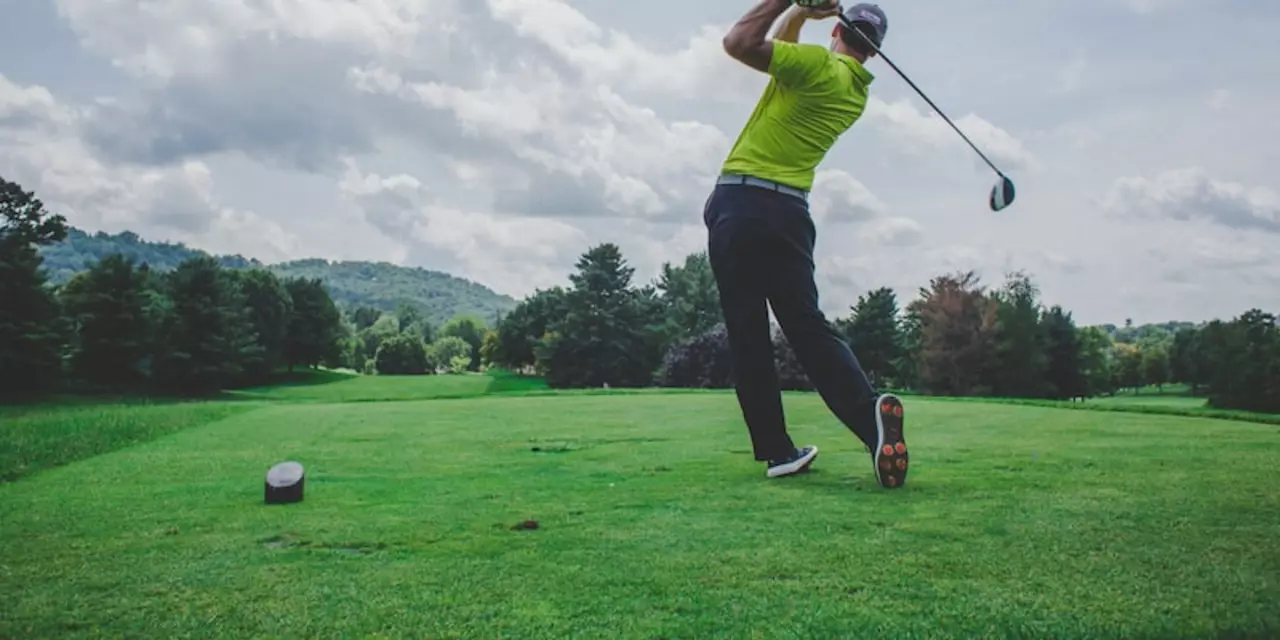Actions in Sports – Plays, Strategies, and Performance Insights
When talking about Actions, the specific moves, decisions or plays that athletes and teams execute during a game or training session. Also known as plays, it captures everything from a striker's final strike to a coach's tactical shift. Understanding actions helps fans, coaches, and sports students make sense of why a match swings one way or another. Actions are the building blocks of Sports Events, organized competitions where teams or individuals showcase their abilities, and they directly feed into Player Performance, the measurable outcomes of an athlete's effort such as speed, accuracy, or stamina. When a player’s action results in a goal, a turnover, or an injury, the ripple effect reaches the whole Team Strategy, the plan that coordinates individual actions toward a collective objective. In short, actions link the micro‑level of movement to the macro‑level of competition, health outcomes, and fan excitement.
Why Understanding Actions Matters
Every action carries attributes – type, timing, and outcome. For example, a defensive block (type) made in the final five minutes (timing) that prevents a score (outcome) can shift momentum and influence the final result of a sports event. These attributes form a simple entity‑attribute‑value (EAV) model: Action (entity) → Attribute (offensive or defensive) → Value (goal, turnover, injury). This model lets coaches break down a match into data they can review, adjust, and teach. It also lets fitness enthusiasts track health‑related actions like sprint intervals or weight‑lifting reps, tying them to injury prevention and performance gains. The semantic triple “Actions influence Player Performance” and “Player Performance shapes Team Strategy” are evident every time a coach reviews video footage. Likewise, “Team Strategy requires coordinated Actions” underscores how a well‑planned playbook depends on each player executing their role correctly.
Below you’ll find a curated mix of articles that dive deeper into real‑world examples: a derby where two star forwards decided the outcome, a historic NFL comeback driven by a quarterback’s decisive actions, a look at sudden cardiac arrest in athletes, and even a fun breakdown of why fans rally behind teams. Whether you’re a student wanting to grasp the basics, a coach seeking tactical insights, or a parent curious about health impacts, the posts ahead cover the full spectrum of actions in sport. Scroll down to explore how specific moves on the field translate into headlines, stats, and lasting memories.




